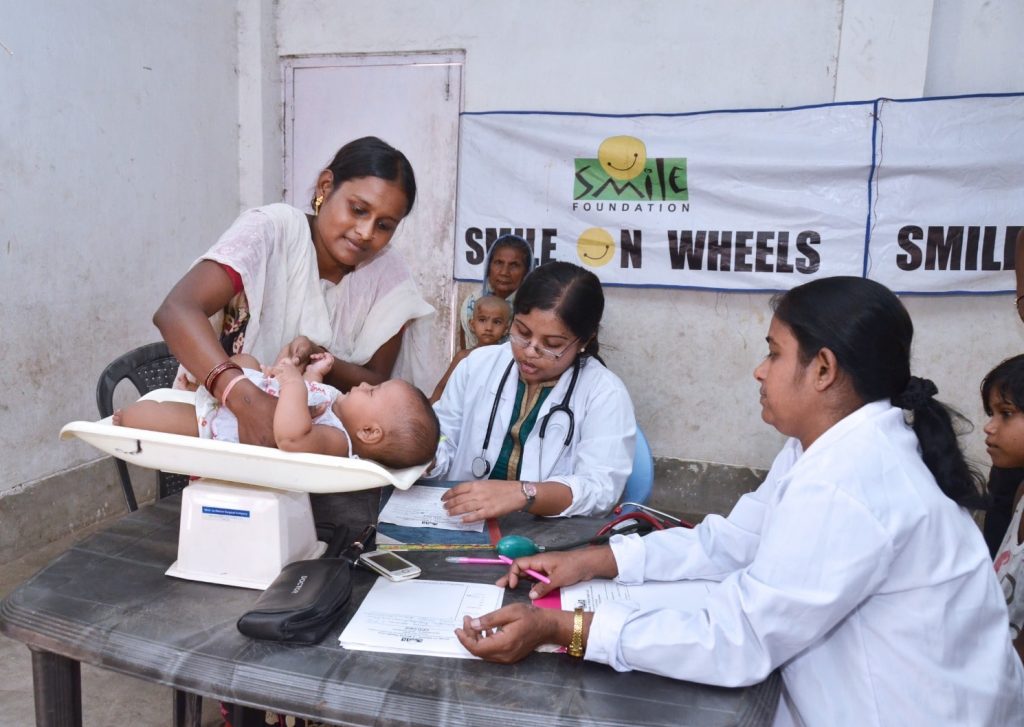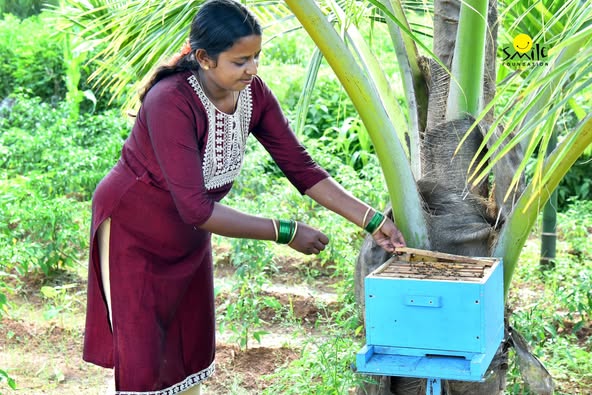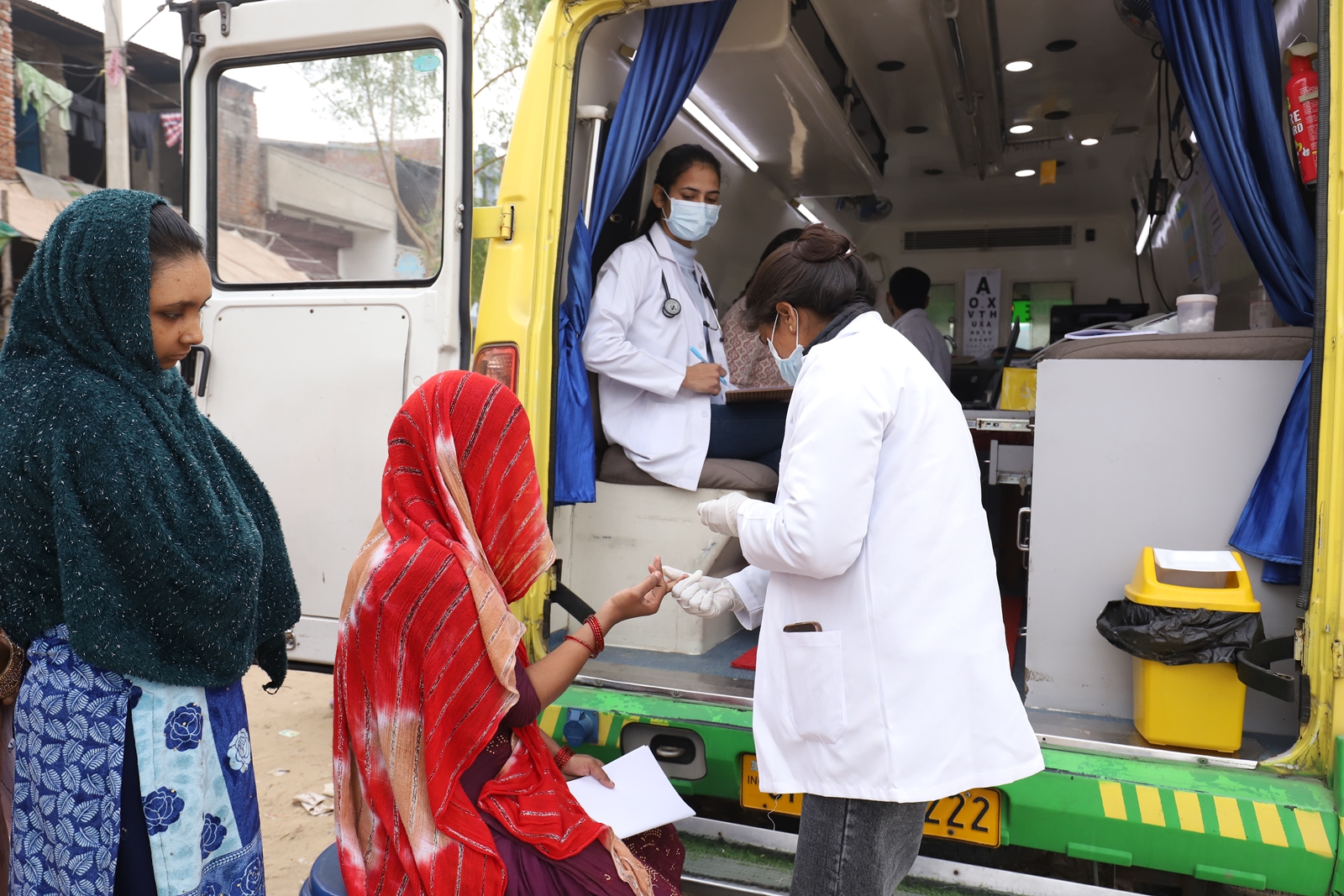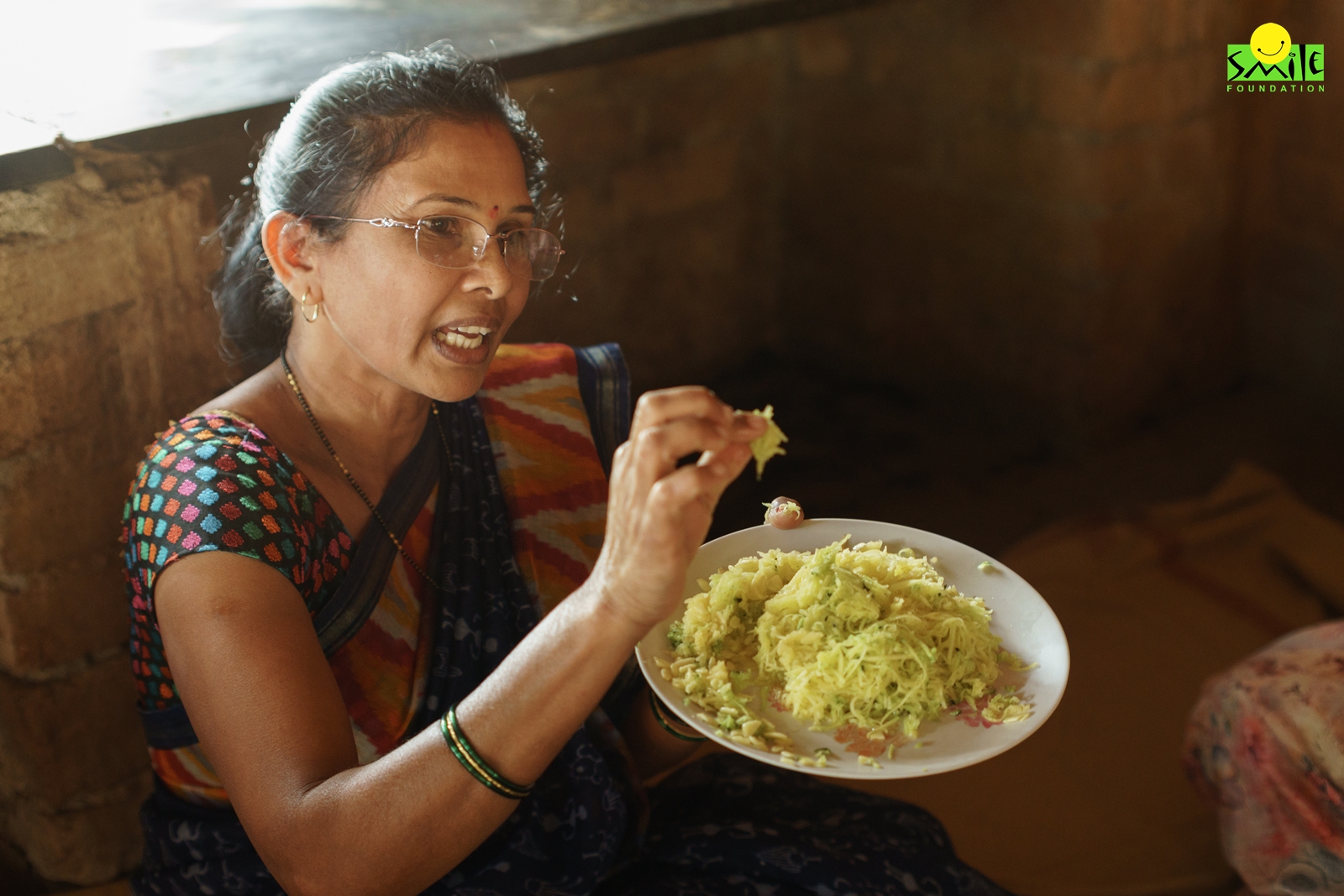Dealing with tax deductions can be quite overwhelming, especially when it comes to your hard-earned money. There are effective strategies to lower your taxable income by making charitable contributions. Consider an individual who donates INR 50,000 to a recognised charity. With a 50% deduction rate, they can reduce their taxable income by INR 25,000, leading to significant tax savings. All the while making a positive impact on important causes. Let’s understand Section 80G and explore how it can be a valuable tool for saving on taxes.
Tax Savings under Section 80G
Section 80G is an important provision in the tax laws that allows individuals and organisations to claim deductions for donations made to certain charitable institutions. Donating money to eligible charitable institutions can provide taxpayers with a tax savings opportunity under Section 80G of the Income Tax Act, of 1961.
When individuals contribute to eligible institutions and organisations, they can claim deductions ranging from 50% to 100% of the donated amount. This allows taxpayers to support causes they care about and provides them with potential financial benefits. Nevertheless, some specific requirements and criteria must be met to qualify for these deductions.
Taxpayers, regardless of their residency status, are eligible to claim a deduction from their gross total income before the imposition of taxes if they have contributed to specific institutions, funds or associations. This deduction falls under Section 80G. It is important to remember that this deduction is only available to taxpayers who have chosen the old tax regime. Individuals who fall under the new tax regime are not eligible to take advantage of this deduction benefit.
Understanding the Scope of Donations and Tax Savings under Section 80G
When making donations, it is important to ensure that they are made towards approved recipients or donees. There are also other points to be taken care of.
- Donations should be made with taxable or exempt income only.
- Donations should go to approved recipients/donees. Examples include government-established relief funds, charitable institutions committed to education, medical relief, environmental conservation, or rural development, and specific trusts and societies.
- To claim the deduction, the donee organisation must provide a certificate together with the receipt.
- Income tax deductions are limited to the amount contributed.
- Tax deductions only apply to gifts given in cash, cheques, or demand drafts.
- Donations of more than INR 2,000 must be made in any mode other than cash.
- Donations in kind, such as medicines, clothing, or food, are not tax-deductible.
- Deductions can be claimed while completing an income tax return.
Documents for Claiming the Deduction
First and foremost check that the organisation you donated to is currently registered under Section 80G. The official Income Tax Department website allows you to verify your information. Taxpayers can claim deductions under Section 80G while filing their income tax returns. The information from the documents, the exact donated amount and the particulars of the charitable organisation have to be filled in accurately during the process. Then, during the ITR submission, please ensure that the following documents are kept handy:
1. Form 10BE: You have to get this form from the institution or NGO that received your donation. It functions as evidence to substantiate your claim. The donation amount must correspond with the information in Form 10BE prior to submitting your tax return. In the event of any discrepancies, request a revised Form 10BE from the institution.
2. Receipt: Obtain a receipt from the charity or trust to which the donation is made, which should be duly stamped. It should include your name, address, donated amount, PAN number of the organisation and other pertinent information.
3. Trust Registration Number: The Income Tax Department assigns a registration number to eligible trusts under Section 80G. Donors are required to verify and confirm that the receipt they receive includes the trust’s registration number, which is a critical validation for the donation.
The Deduction Limits Under Section 80G
The various donations specified in Section 80G are eligible for a deduction of up to 100% or 50%, with or without restriction, as provided in Section 80G.
The deduction under this section is permitted as follows:
(a) 100% deduction with no maximum limit.
(b) 50% deduction with no upper limit.
(c) 100% deduction with a maximum limit.
(d) 50% deduction up to a maximum limit.
The Income Tax Department has enlisted certain Trusts donating to which one can claim 100 percent deductions. Make sure you familiarise yourself with any recent changes in legislation or any other important amendments in Section 80G. Also note that the income tax department updates the list of institutions approved by the Principal Commissioner or Commissioner of Income Tax to receive donations under Section 80G regularly.
Do Tax Savings under 80G
Education, health, women empowerment and youth development are all great causes to support while saving money on taxes. The pleasant truth about donating to nonprofits is that it has significant effects on society and your mental wellness and financial planning. Smile Foundation works on all these focused welfare projects with proven impact and credibility and accountability. You can make a small donation here and save tax under section80G.









